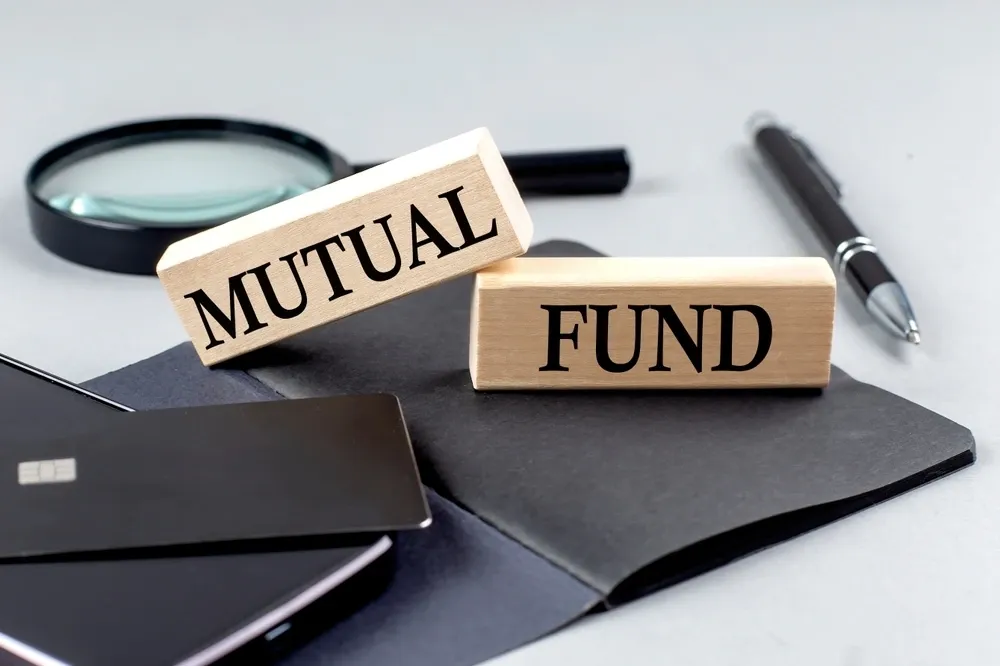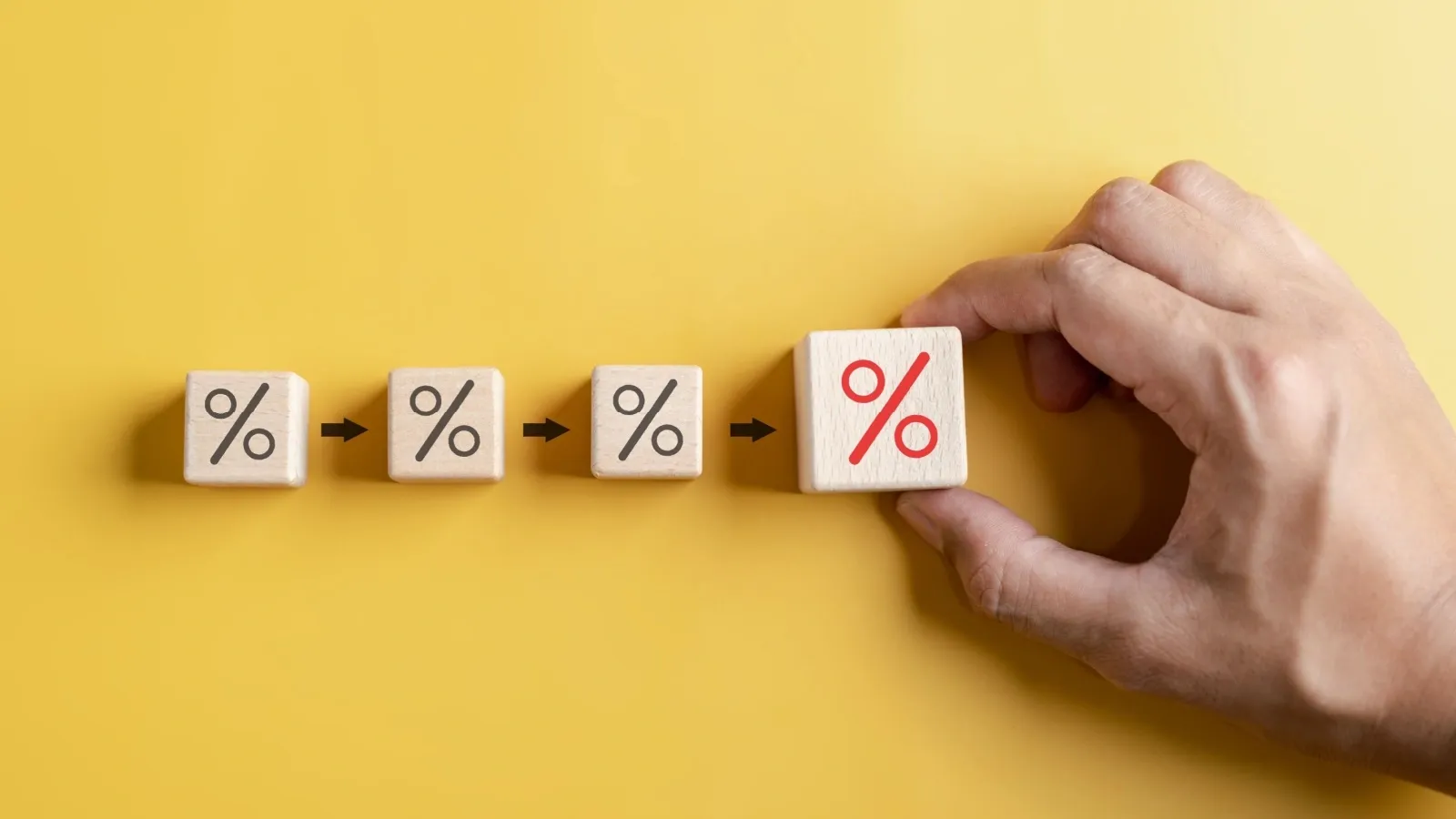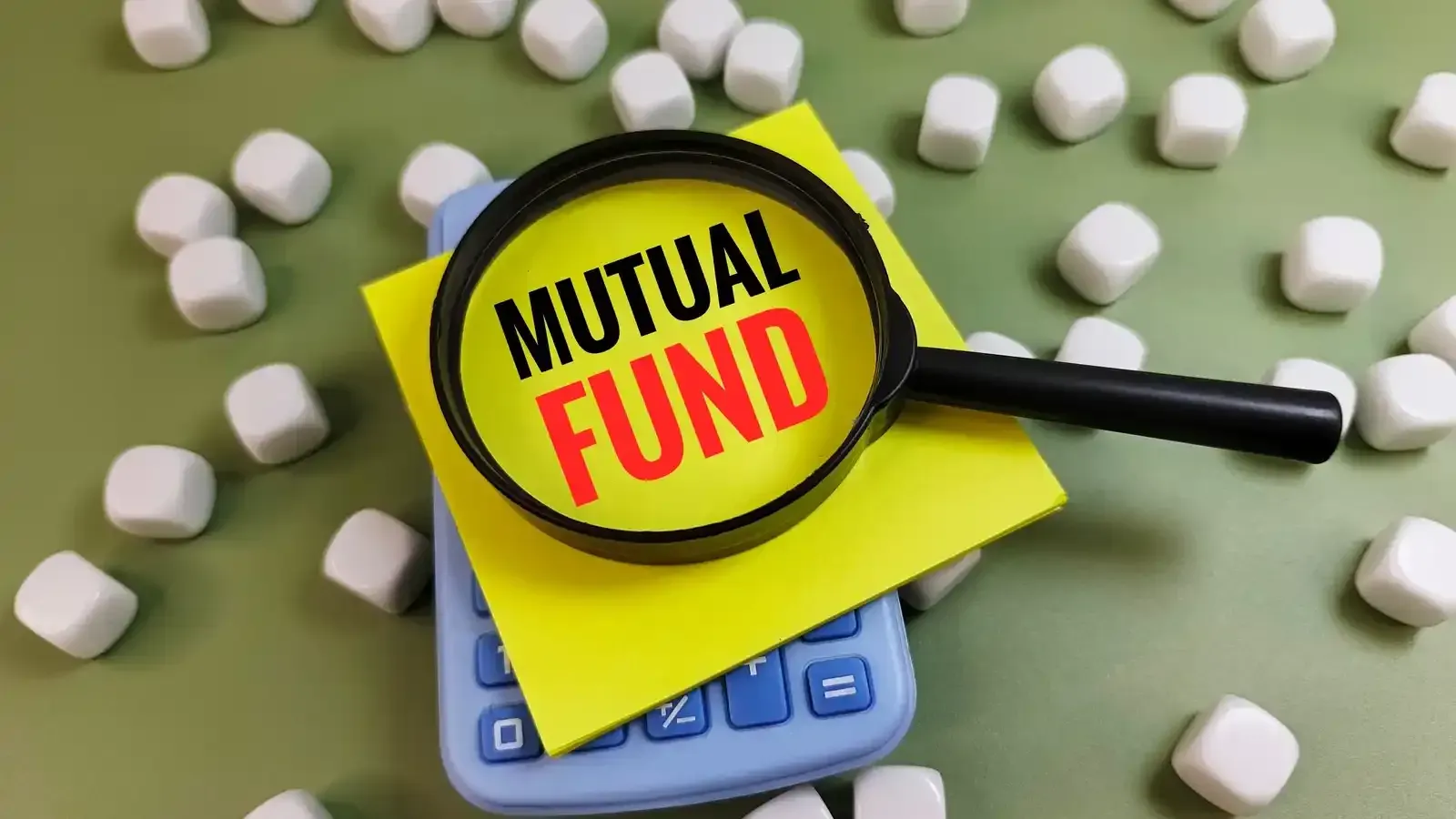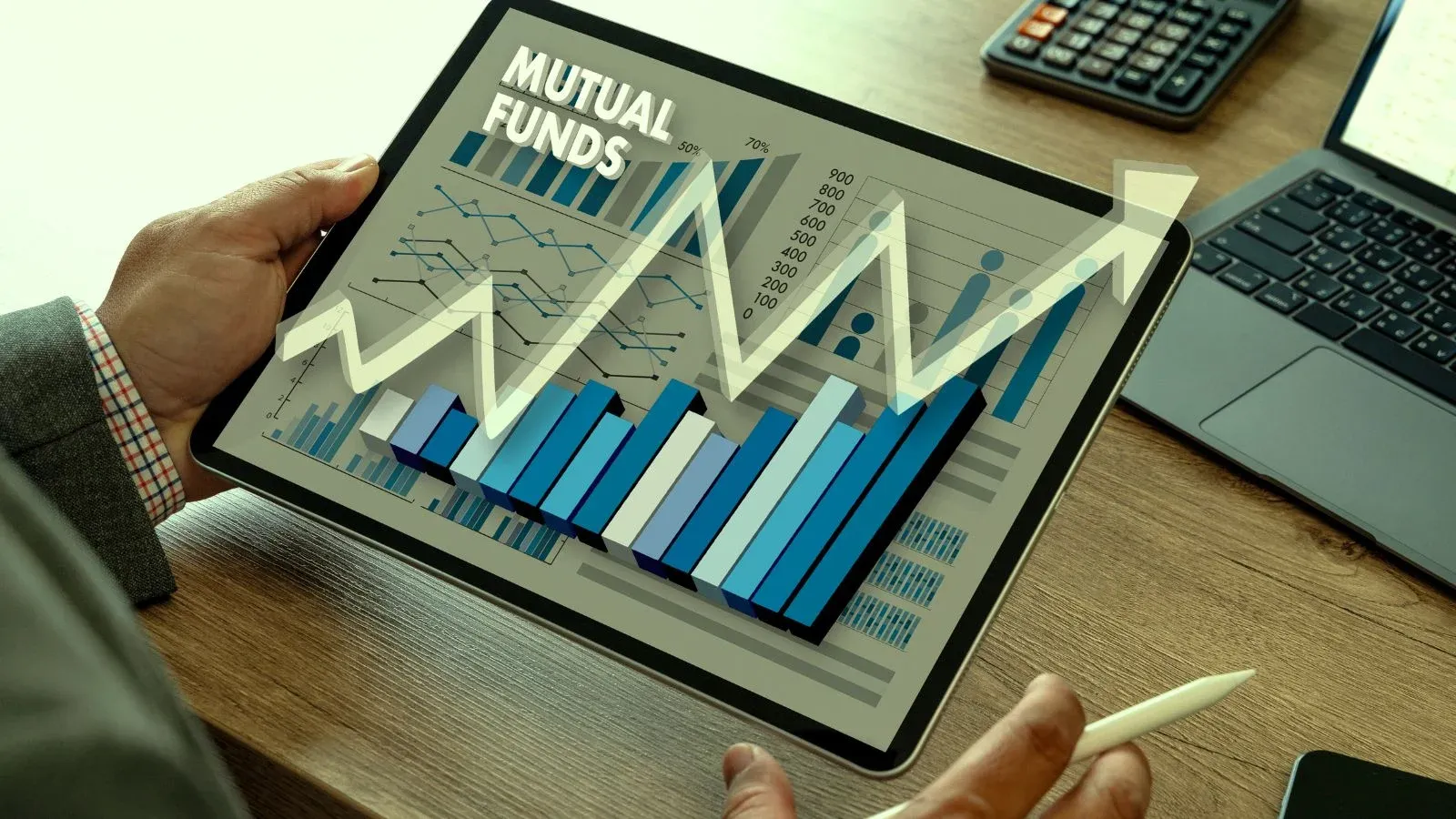Target Date Funds Vs Index Funds: What's the Difference?
Written by Upstox Desk
Published on February 11, 2026 | 5 min read

Index funds and target-date funds are two of the most preferred investment vehicles for individuals with retirement objectives.
But how will you know which one is better for your retirement? Maybe you can figure that out by learning their differences below! However, the most suitable target-date fund or the best index fund in India for you depends on your financial objectives.
What Is an Index Fund?
Mutual funds that track one of the numerous market indices are known as index funds. By monitoring the performance of the securities represented by the index they are following, they mimic it. Market capitalisation determines the weighting of most index funds. This indicates that the index's bigger companies are given a higher weight than its smaller ones. However, index funds do, in principle, provide you with at least some exposure to the entire market.
Since they follow a market index, index funds are managed passively. As they follow an index, they are made to harvest an average return.
What Is a Target-Date Fund?
A type of mutual fund or exchange-traded fund (ETF) called a target-date fund is composed of a number of different mutual funds. They are frequently referred to as a "fund of funds." By effectively providing a retirement portfolio in a single investment vehicle, these funds were created to make retirement planning simpler. By investing in a range of asset types within the fund, they provide diversification.
A target-date fund may include a stock mutual fund, in addition to bond funds, money market funds, alternative investment funds, and bond funds. Various other combinations may be available, depending on the target-date fund's objectives.
Index Funds vs. Target Date Funds: A Comparison
Index funds and target-date funds have a lot in common such as both are ideal investment vehicles for potential investors with retirement objective and they are ‘set it and forget it’ kind of fund options.
You do not have to choose the funds held under target-date funds or reallocate them to mitigate risk and increase return as it nears the target.
Index funds track specific benchmark indices and usually perform accordingly with the broader market. Target-date funds may contain index funds.
Here are their typical differences in a tabular format:
| Target-Date Funds | Index Funds |
| Relatively less expensive | Comparatively more expensive |
| Reallocates assets over time | Do not reallocate assets over time |
| Highly diversified | Less diversified |
| Fewer varieties in assets sectors and types | More varieties in types and sectors of assets |
What Are the Advantages of Index Funds?
Following are the advantages of investing in an index fund:
- Index funds offer a diversified portfolio.
- This is highly beneficial for long-term investors.
- Index funds offer fewer tax liabilities as very less trading occurs due to stocks mirroring market/ benchmark indices.
- These funds offer comparatively low risk and high growth as they monitor and mirror the benchmark indices and will perform accordingly.
- As these funds are passively managed, usually they have low to no charges and fees applicable to the investors.
What Are the Disadvantages of Index Funds?
Here are some of the disadvantages of investing in an index fund. You should keep these in mind as well to make an informed decision:
- Index funds will automatically mirror the market fluctuations as the indices they follow.
- These funds are not flexible as they strictly mirror the market indices.
- You will not get the benefit of earning higher returns and will typically earn an average market return.
What Are the Advantages of Target-Date Funds?
Here are the advantages of investing in a target-date fund:
- These funds get expert monitoring as they are managed professionally.
- If an investor is looking to invest in a tension-free investment vehicle, target-date funds are an ideal option.
- Target-date funds include minimum investments that allow the investors prompt diversification of their investment folios.
- These are ideal options for beginners in retirement planning who wants to invest in mutual funds but have zero to no knowledge.
- These are long-term in nature and they help to lower the risk associated with regular market turbulence.
What Are the Disadvantages of Target-Date Funds?
Have a look at the following disadvantages of investing in target-date funds as they will help you make the ultimate decision:
- A large portion of these target-date funds levies management costs. Comparing the expense ratios to index funds, they are significantly higher. Since you might have to pay expense ratios for each fund within the fund, these fees could also be piled.
- Some of these funds may decide to stop reallocating assets as the goal date approaches or is reached.
- Target-date funds fail to take into account potential supplemental retirement income, which would bias the asset allocation.
- Many of the funds in the fund underperform the market, which means they typically underperform index funds, and some of them may have hidden dangers.
Final Word
Investors in mutual funds and exchange-traded funds (ETFs) prefer professional management, a hands-off style, and to avoid having to worry about retirement planning. The majority of actively managed target-date funds underperform index funds. They are beneficial for risk-averse investors with a long time horizon. However, you can choose the one suitable based on various factors such as picking suitable target date, expense associated, risk assessment and more.
About Author
Upstox Desk
Upstox Desk
Team of expert writers dedicated to providing insightful and comprehensive coverage on stock markets, economic trends, commodities, business developments, and personal finance. With a passion for delivering valuable information, the team strives to keep readers informed about the latest trends and developments in the financial world.
Read more from UpstoxUpstox is a leading Indian financial services company that offers online trading and investment services in stocks, commodities, currencies, mutual funds, and more. Founded in 2009 and headquartered in Mumbai, Upstox is backed by prominent investors including Ratan Tata, Tiger Global, and Kalaari Capital. It operates under RKSV Securities and is registered with SEBI, NSE, BSE, and other regulatory bodies, ensuring secure and compliant trading experiences.

























